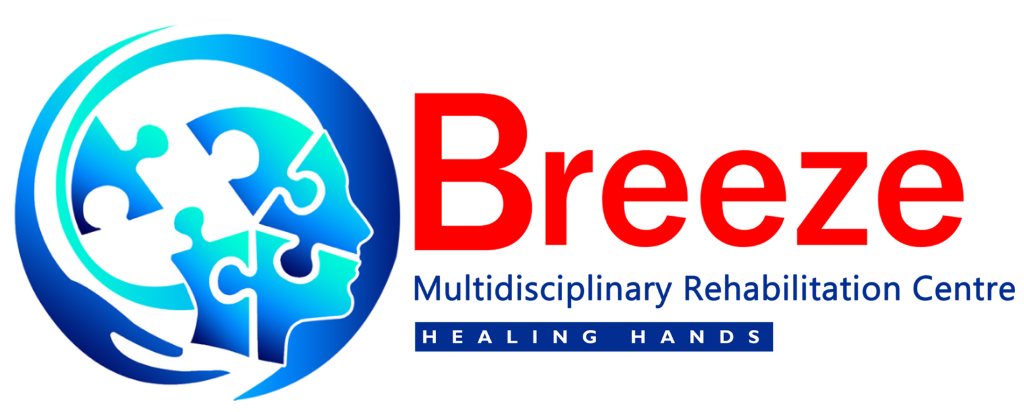How Speech Therapy Helps
Early intervention is key to helping children develop smooth, confident speech. Speech therapy at Breeze is tailored to each child’s specific needs, focusing on:
Reducing repetitions and blocks: Helping the child speak more fluently with less effort.
Improving speech rhythm and pacing: Encouraging natural flow of speech.
Building confidence and self-esteem: Supporting children to communicate without fear or anxiety.
Developing coping strategies: Teaching techniques to manage moments of stuttering in daily life.
Common Signs Parents Should Watch For
Parents and caregivers may notice:
Repeating parts of words, like “b-b-ball”
Getting stuck or paused while trying to speak
Visible tension or effort in the face, neck, or hands during talking
Avoidance of speaking in certain situations
Recognizing these signs early helps in timely intervention, reducing the risk of stuttering affecting social and academic development.
Why Choose Breeze for Speech Support
At Breeze, Manikonda, Hyderabad, our speech-language pathologists provide individualized, evidence-based therapy in a supportive and engaging environment. We create therapy plans that are interactive, child-friendly, and outcome-focused, ensuring children gain not only fluency but also confidence in their communication.
Parents are actively involved, receiving guidance to support speech practice at home, making progress consistent and long-lasting.
Give your child the gift of confident communication. Book a consultation at Breeze, Manikonda, Hyderabad, and help your child speak smoothly, clearly, and confidently.

